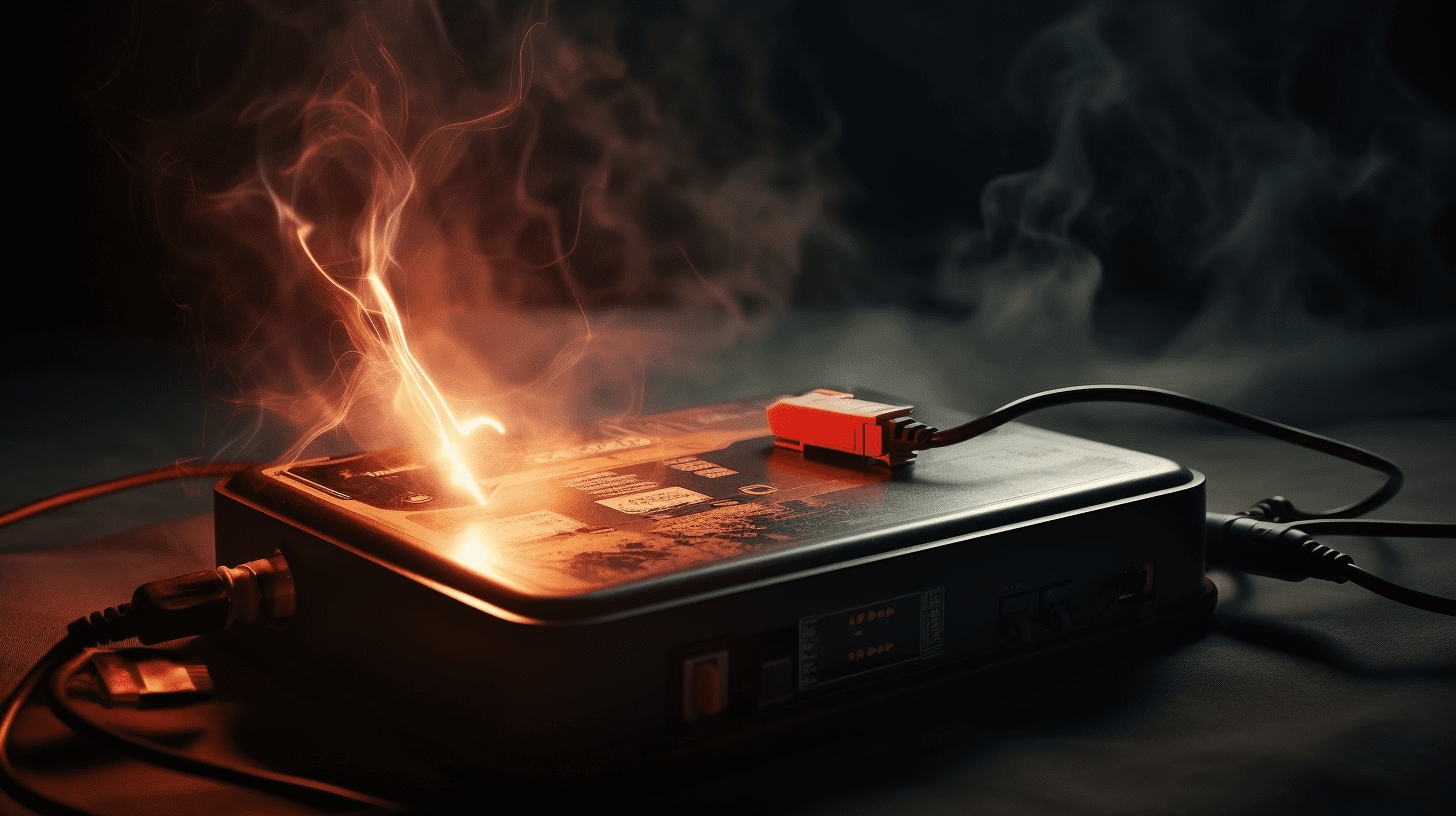A punctured lithium-ion battery can pose serious safety risks, including fire hazards and toxic leaks. Knowing how to handle a punctured battery safely is crucial for preventing accidents. This guide covers essential safety tips, proper handling procedures, and disposal methods for punctured lithium-ion batteries.
What Are the Risks Associated with a Punctured Lithium-Ion Battery?
Puncturing a lithium-ion battery can lead to several dangerous situations:
- Fire Hazard: Punctured batteries can short-circuit, leading to overheating and potential fires.
- Chemical Leakage: The electrolyte inside lithium-ion batteries can leak out, which is harmful to both health and the environment.
- Explosion: In severe cases, punctured batteries can explode due to rapid pressure buildup from internal reactions.
Chart: Risks of Punctured Lithium-Ion Batteries
| Risk | Description |
|---|---|
| Fire Hazard | Short-circuiting may lead to ignition |
| Chemical Leakage | Harmful electrolytes can leak |
| Explosion | Rapid pressure changes can cause explosions |
How Should You Safely Handle a Punctured Lithium-Ion Battery?
If you discover a punctured lithium-ion battery, follow these safety steps:
- Wear Protective Gear: Always wear gloves and safety goggles to protect yourself from potential leaks or sparks.
- Isolate the Battery: Move the battery to a well-ventilated area away from flammable materials.
- Do Not Charge or Use: Immediately stop using or charging the battery to prevent further risk.
- Avoid Contact with Leaked Material: If leakage occurs, avoid direct contact with the electrolyte as it can be harmful.
Chart: Steps for Handling a Punctured Battery Safely
| Step | Action |
|---|---|
| Wear Protective Gear | Use gloves and goggles |
| Isolate the Battery | Move it to a ventilated area |
| Do Not Charge | Stop all usage immediately |
| Avoid Contact | Keep away from leaked materials |
What Are the Proper Disposal Methods for Punctured Batteries?
Disposing of a punctured lithium-ion battery requires following local regulations for hazardous waste:
- Contact Local Waste Management: Reach out to your local waste management authority for guidance on safe disposal options.
- Use Designated Recycling Centers: Many communities have recycling centers that accept lithium-ion batteries; ensure they are equipped to handle hazardous materials.
- Never Dispose in Regular Trash: Do not throw away punctured batteries in regular household trash as they pose environmental hazards.
Chart: Disposal Methods for Punctured Lithium-Ion Batteries
| Method | Description |
|---|---|
| Local Waste Management | Contact authorities for safe disposal options |
| Designated Recycling Centers | Use facilities that accept hazardous materials |
| Avoid Regular Trash | Never dispose of in standard waste bins |
Why Is It Important to Address Punctured Lithium-Ion Batteries Promptly?
Addressing punctured lithium-ion batteries promptly is crucial for several reasons:
- Prevent Accidents: Quick action reduces the risk of fires or explosions that could endanger lives and property.
- Environmental Protection: Proper disposal prevents harmful chemicals from leaking into the environment.
- Health Safety: Protecting yourself and others from exposure to toxic materials is vital for public health.
Industrial News
The demand for safe handling and disposal of lithium-ion batteries has increased as their use becomes more widespread in consumer electronics and electric vehicles. Recent advancements in battery technology focus on improving safety features, reducing risks associated with punctures, and developing better recycling methods. Companies are also advocating for stricter regulations on battery disposal to protect both consumers and the environment.
Redway Expert Insights
Understanding how to handle punctured lithium-ion batteries is essential for ensuring safety,” states an expert from Redway Battery. “By following proper procedures for handling and disposal, users can minimize risks associated with battery damage.”
FAQ Section
What should I do if my lithium-ion battery is punctured?
Immediately stop using it, wear protective gear, isolate it in a ventilated area, and contact local waste management for proper disposal.
Can I charge a punctured lithium-ion battery?
No, you should never charge or use a punctured battery as it poses significant safety risks.
How do I know if my battery is leaking?
Signs include swelling, visible liquid around the terminals, or corrosion on the terminals themselves.
Are there specific disposal regulations for lithium batteries?
Yes, regulations vary by location; always check with local authorities regarding hazardous waste disposal guidelines.



